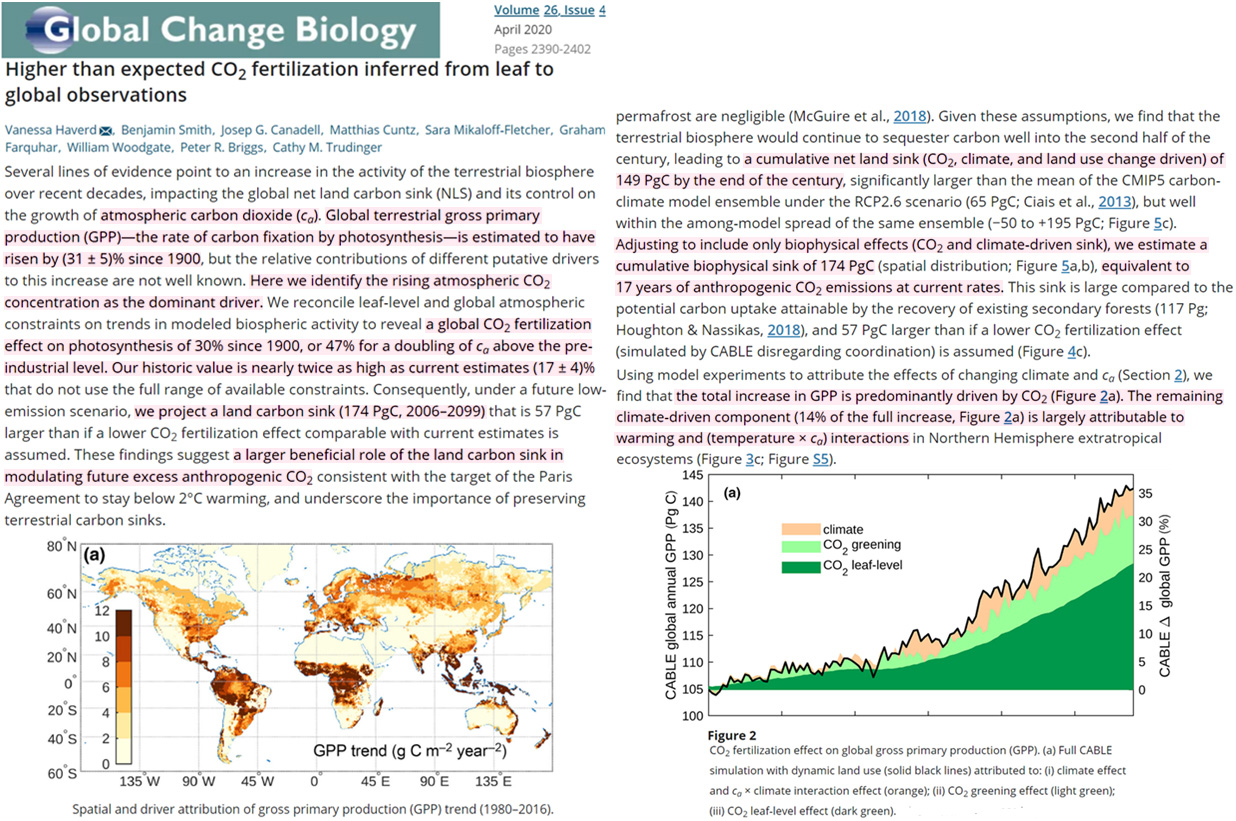“The man who is striving to solve a problem defined by existing knowledge and technique is not, however, just looking around. He knows what he wants to achieve, and he designs his instruments and directs his thoughts accordingly. Unanticipated novelty, the new discovery, can emerge only to the extent that his anticipations about nature and his instruments prove wrong. . . . There is no other effective way in which discoveries might be generated.”
― Thomas S. Kuhn, The Structure of Scientific Revolutions
This is an intriguing one.
In some ways we
are limited by our measurement systems.
In your experience of the "history of science" can you point out an example of how our "measurement systems" failed us so badly as to keep something from being discovered?
I can think of things that, in fact, are nearly undetectable that we figured out were there! Take the history of the
neutrino. Basically it fell out of the
mathematics and it helped Pauli explain the conservation of mass, energy, momentum and spin during beta decay. From later work by Fermi and Dirac a more full
concept arose but no detection. Neutrinos interact
weakly with matter. To the point that there's a constant stream of neutrinos sailing through the earth every second of the day
as if the earth weren't even there.
Researchers set to finding it, though. And it was discovered in 1942.
So here's a great example of a sort of "revolution"
based on something we had almost no real ability to detect! (Obviously we had to find a way to detect it, "beta capture", but you get the point. It is still very hard to detect because of its weak interaction with matter.
In reality scientific discoveries are not as simple as "Dr. X walks into a lab and turns on his detectorizer and waits for science to happen!" No they arise from a deeper theoretical understanding coupled with physical measurement. Sometimes they come in a different order.













